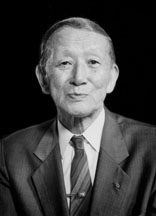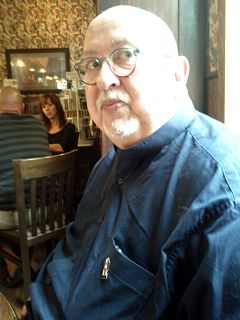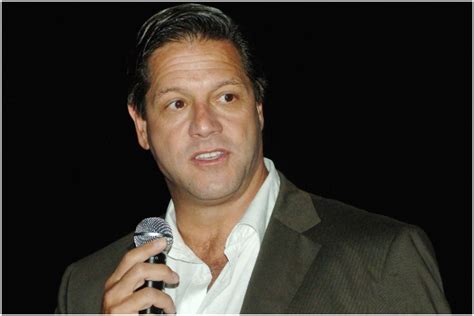A Quote by Morris Gleitzman
I think probably you can either write for kids, or you can't. That ability to imaginatively be a child and see the world as a child and feel and think like a child - you either have that ability or you don't.
Related Quotes
The child who would be an adult must give up any lingering childlike sense of parental power, either the magical ability to solveyour problems for you or the dreaded ability to make you turn back into a child. When you are no longer hiding from your parents, or clinging to them, and can accept them as fellow human beings, then they may do the same for you.
I see it as this: I send my kids to school not only to learn how to read and write and do math, but also to develop socially. So if there's a negative interaction between my child and another child, what I want to know is, how was it handled, what lessons came out of it, and, of course, is my child okay?
The child says, "Well geesh, the institutions that I'm supposed to respect - the church and the government - they're telling me things that don't appear to be true. Either I'm crazy or they're crazy." That creates the Absurd Child. The Absurd Child is one who says, "Well, I think they're crazy." So you live in this state of alienation from your culture and your society and your family because you see this rampant bullshit around you.
I love child things because there's so much mystery when you're a child. When you're a child, something as simple as a tree doesn't make sense. You see it in the distance and it looks small, but as you go closer, it seems to grow - you haven't got a handle on the rules when you're a child. We think we understand the rules when we become adults but what we really experienced is a narrowing of the imagination.
Nobody would seriously describe a tiny child as a Marxist child or an Anarchist child or a Post-modernist child. Yet children are routinely labelled with the religion of their parents. We need to encourage people to think carefully before labelling any child too young to know their own opinions and our adverts will help to do that.
Compared to other parents, remarried parents seem more desirous of their child's approval, more alert to the child's emotional state, and more sensitive in their parent-child relations. Perhaps this is the result of heightened empathy for the child's suffering, perhaps it is a guilt reaction; in either case, it gives the child a potent weapon--the power to disrupt the new household and come between parent and the new spouse.
The roots of a child's ability to cope and thrive, regardless of circumstance, lie in that child's having had at least a small, safe place (an apartment? a room? a lap?) in which, in the companionship of a loving person, that child could discover that he or she was lovable and capable of loving in return. If a child finds this during the first years of life, he or she can grow up to be a competent, healthy person.



































